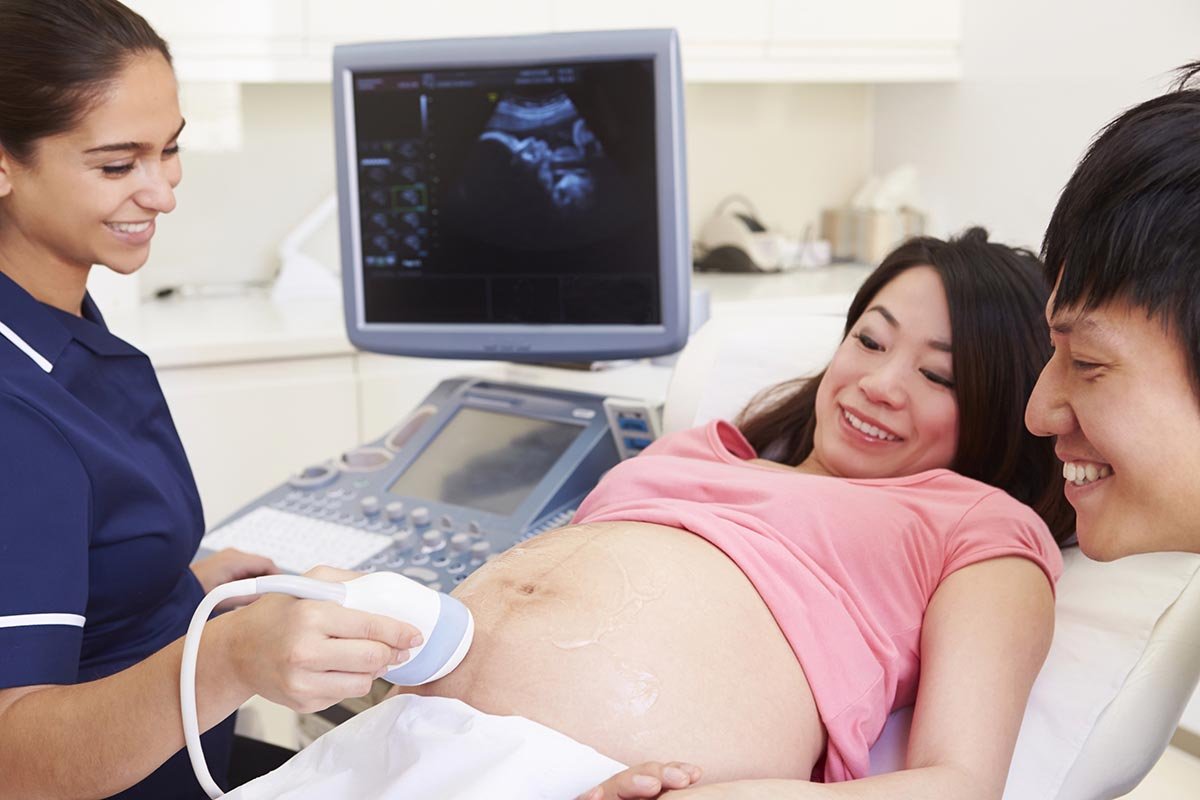When it comes to those planning to start a family, “the earlier, the better” is a common phrase often associated with fertility, and is often a topic of great importance for many individuals and couples. Fertility can be influenced by time-based factors, such as ageing. How exactly does ageing affect fertility?
In this blog post, we’ll explore the intricate relationship between ageing and fertility, both in women and men. Additionally, we’ll delve into the various factors influencing age-related fertility decline and discuss strategies and treatments available for overcoming these challenges.
Ageing and Fertility
In women
As women age, their fertility gradually declines due to changes in ovarian function. This decline is primarily attributed to a decrease in the quantity and quality of eggs available for fertilisation. Hormonal fluctuations associated with ageing can also disrupt the menstrual cycle and ovulation, further impacting fertility. Consequently, achieving conception becomes increasingly challenging for women as they grow older.
In men
Ageing also affects male fertility, albeit in different ways compared to women. As men age, sperm count, motility, and morphology may decrease, reducing the likelihood of successful conception. Advanced paternal age is associated with an increased risk of genetic abnormalities in sperm, which can impact embryo development and increase the risk of miscarriage. Thus, age-related changes in male reproductive function can hinder fertility as men grow older.
Fertility Specialist, Dr Tan Heng Hao shares that in general, the male sperm is more resistant to the effects of ageing as compared to the woman’s eggs. However, these detrimental effects of male ageing in fertility and pregnancy outcomes are seen more in those in their late 50s and beyond.
Factors Influencing Age-related Fertility Decline
In both men and women, lifestyle factors including smoking, excessive alcohol consumption, and poor diet can exacerbate fertility decline. Additionally, underlying medical conditions such as hypertension, obesity and diabetes can further compromise fertility with age. Adopting healthy lifestyle habits and seeking timely medical intervention can help mitigate the effects of ageing on fertility.
In women
Several factors contribute to age-related fertility decline in women. Diminished ovarian reserve, hormonal imbalances, and age-related health conditions such as endometriosis and polycystic ovary syndrome (PCOS) play significant roles.
In men
Factors influencing age-related fertility decline in men include changes in sperm quality and quantity. Advancing age is associated with a gradual decline in sperm count, motility, and morphology, which can impair fertility.
Strategies for Overcoming Age-related Fertility Challenges
Despite the challenges posed by age-related fertility decline, there are several strategies and treatments available to help individuals overcome these obstacles:
- Preconception Planning — For couples planning to conceive later in life, preconception planning is essential. This involves optimising lifestyle factors such as diet, exercise, and stress management to improve fertility outcomes.
- Fertility Assessment — Consulting a fertility specialist for a comprehensive fertility assessment can provide valuable insights into individual fertility potential. This may include hormone testing, ovarian reserve testing, and semen analysis to identify any underlying issues.
- Assisted Reproductive Technologies (ART) — ART procedures such as in vitro fertilisation (IVF) and intracytoplasmic sperm injection (ICSI) offer viable options for couples struggling with age-related fertility decline. These techniques can help bypass fertility barriers and increase the chances of successful conception.
- Egg Freezing and Sperm Banking — Egg freezing and sperm banking allow individuals to preserve their fertility potential for future use. This is particularly beneficial for those who wish to delay childbearing due to career aspirations or other personal reasons.
- Donor Egg or Sperm — In cases where age-related fertility decline is severe, using donor eggs or sperm may be a viable option. This enables individuals to achieve pregnancy using healthy donor gametes, bypassing their own fertility limitations.
Summary
As the desire for parenthood extends into later life, understanding the impact of ageing on fertility becomes increasingly important. Let our clinic help you address age-related fertility challenges proactively and help you navigate your fertility journey with confidence, ultimately fulfilling your dreams of starting a family.
References:
https://pubmed.ncbi.nlm.nih.gov/15831503/
https://www.ncbi.nlm.nih.gov/…/PM-C3017326/
https://www.cdc.gov/…/whatis
https://www.hopkinsmedicine.org/…/planning-a-pregnancy

